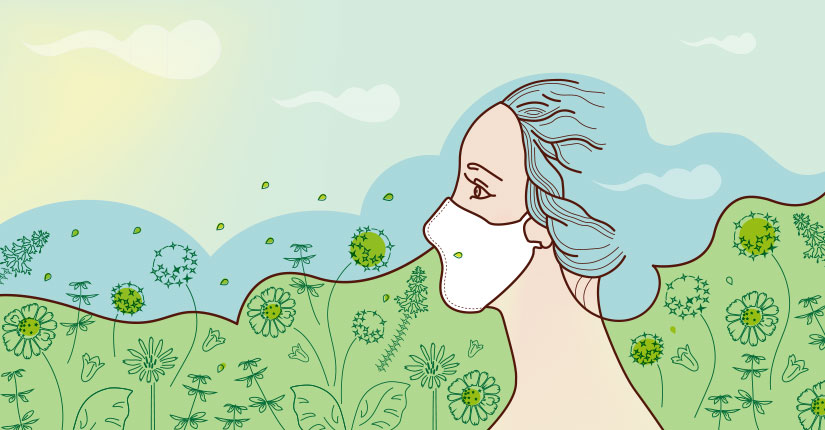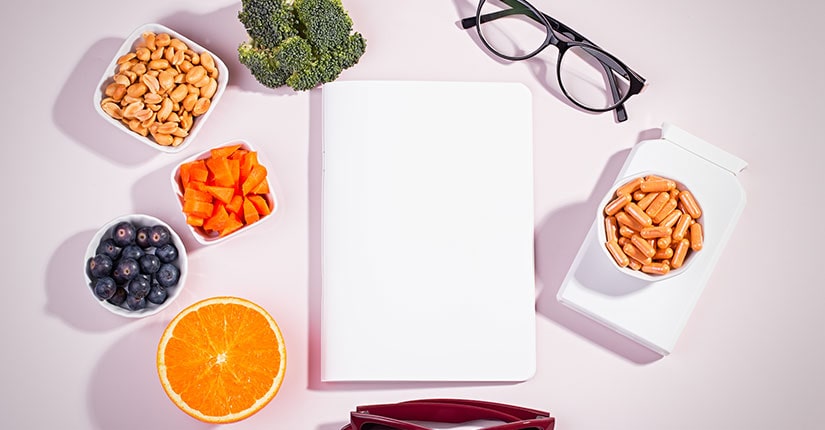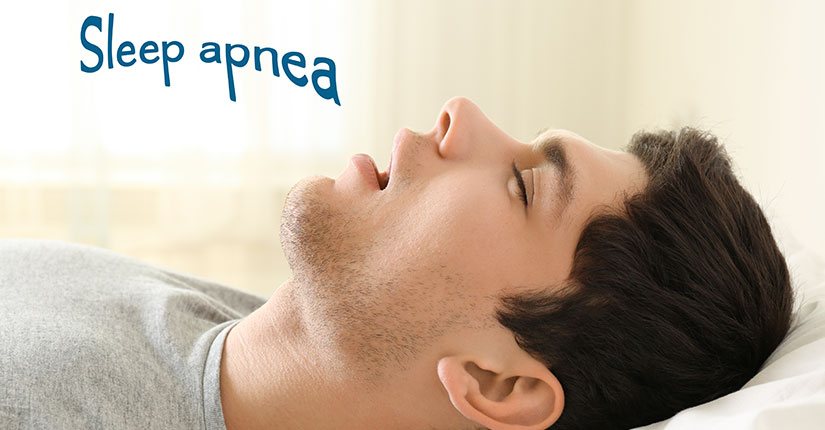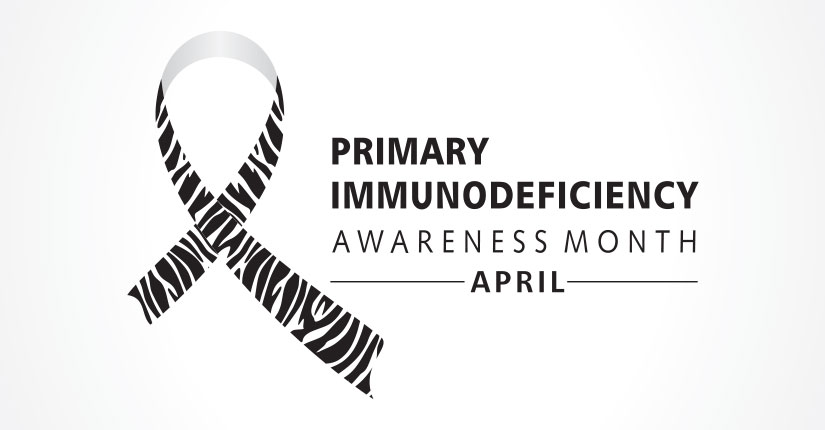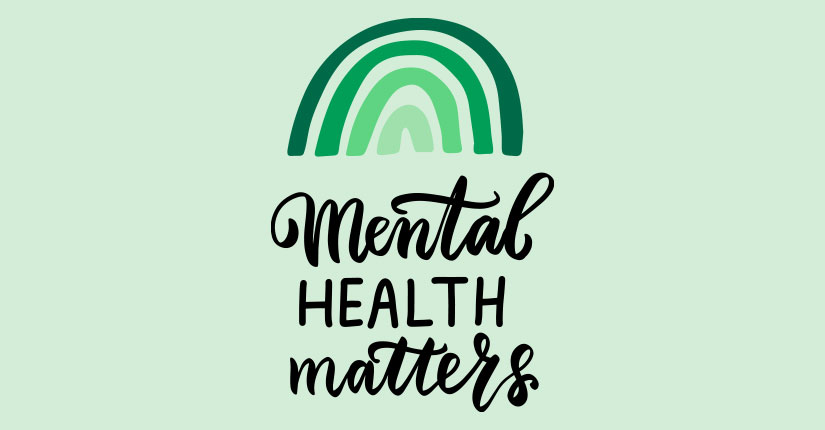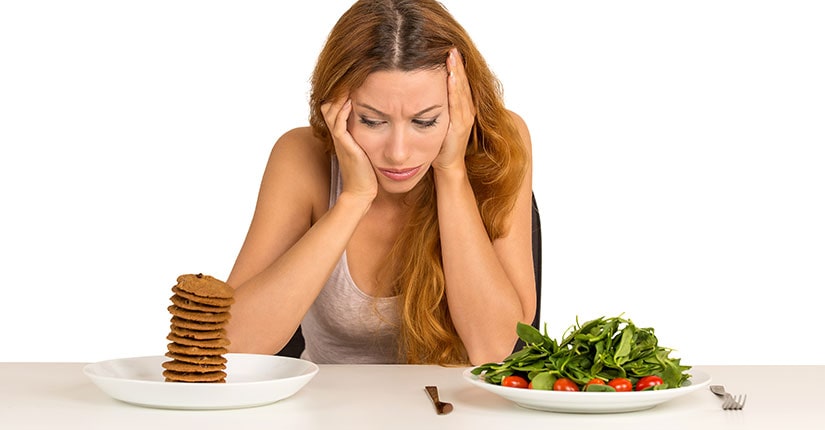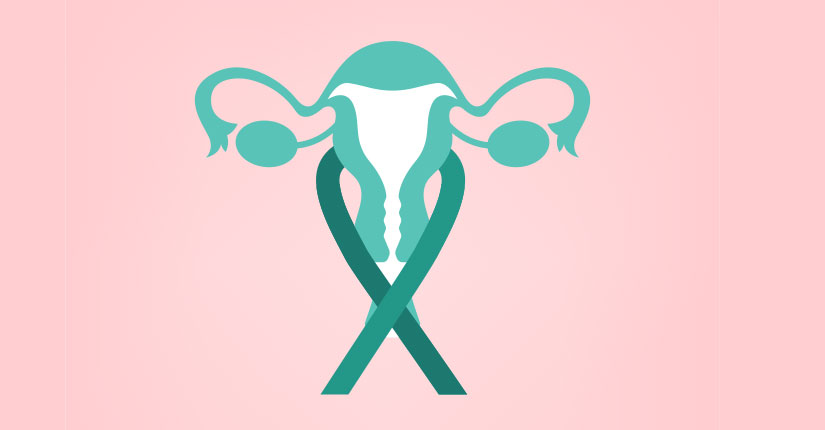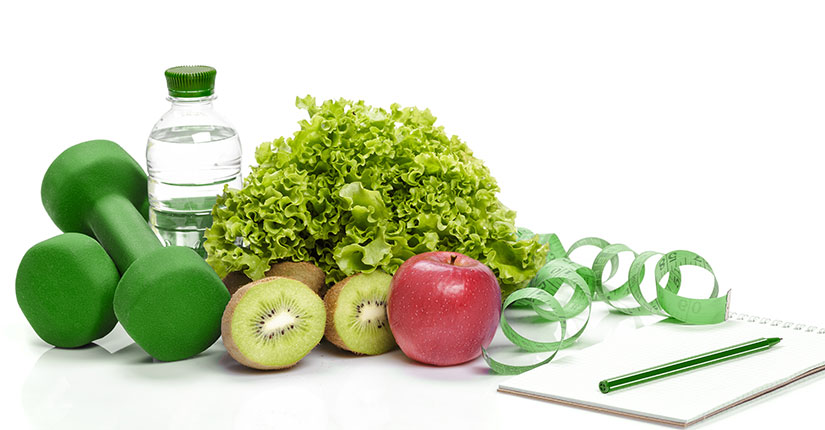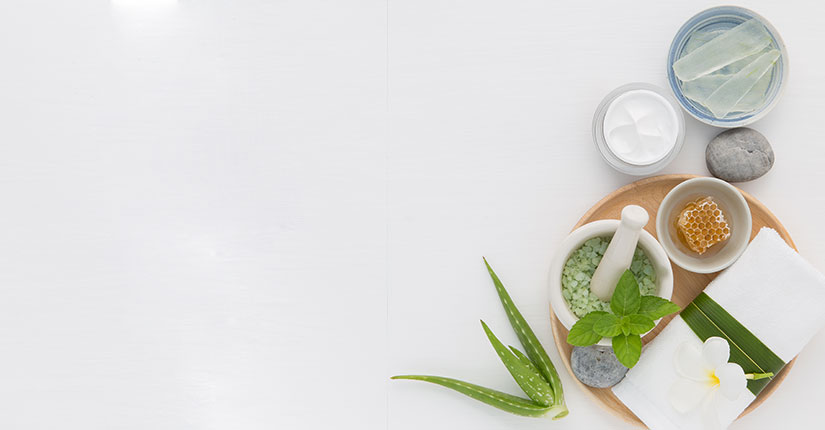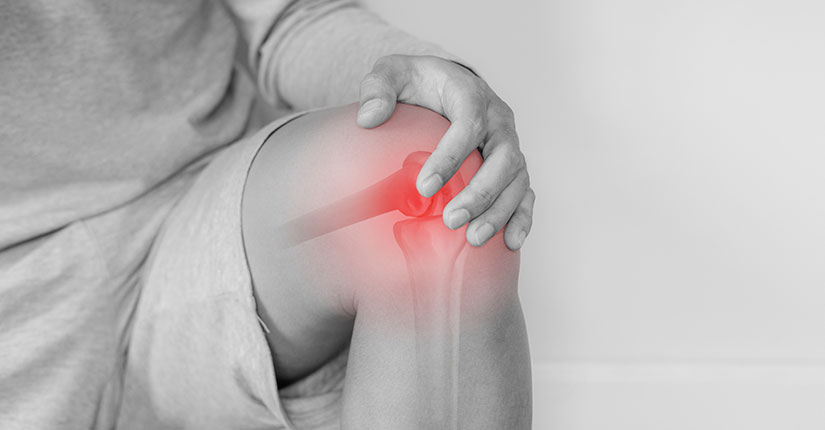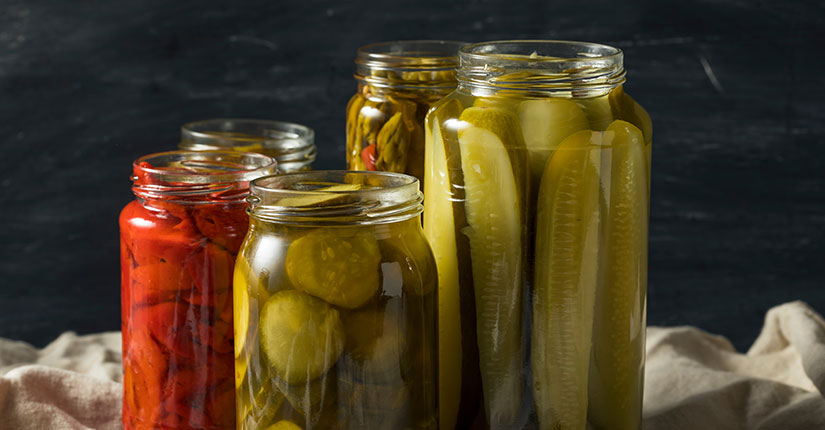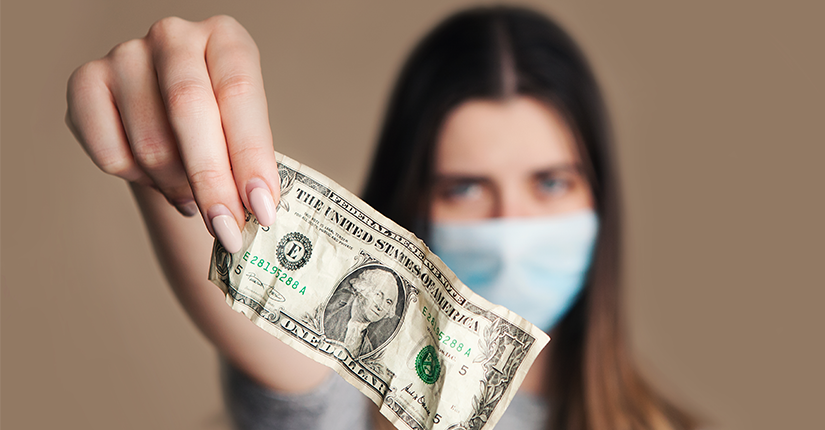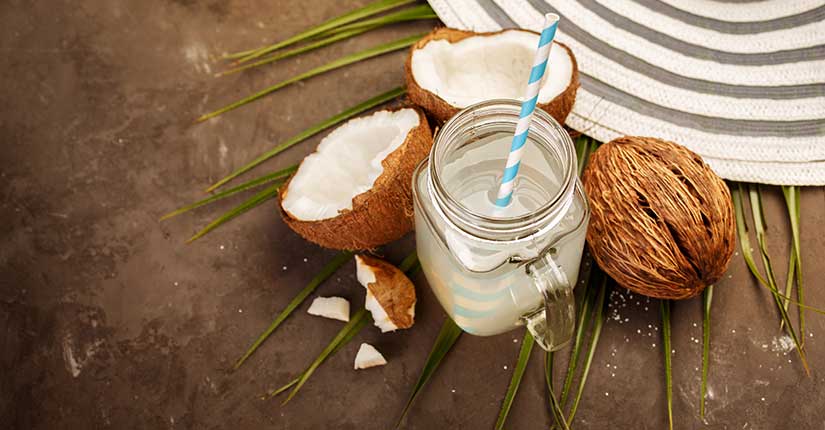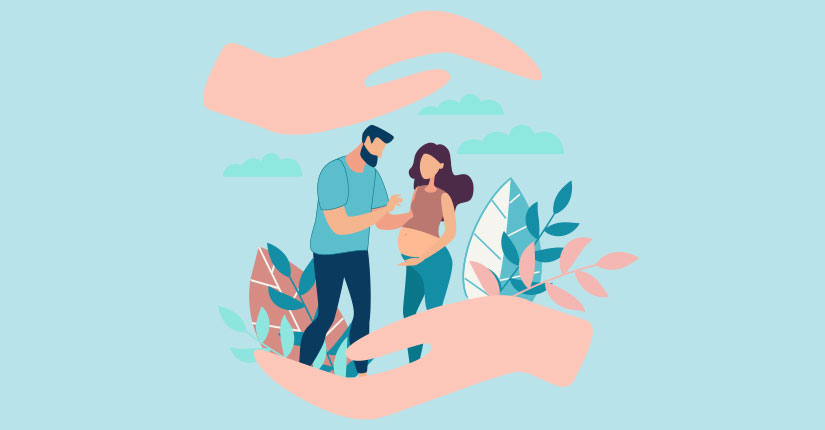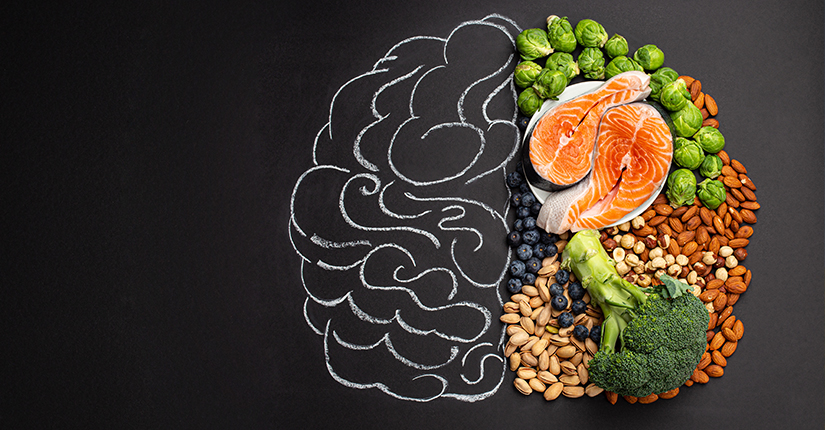A To Z of Health – “G” is to Grab Healthy Foods for Gallstones
By Nmami Life Editorial 21-Jan 2020 Reading Time: 3 Mins
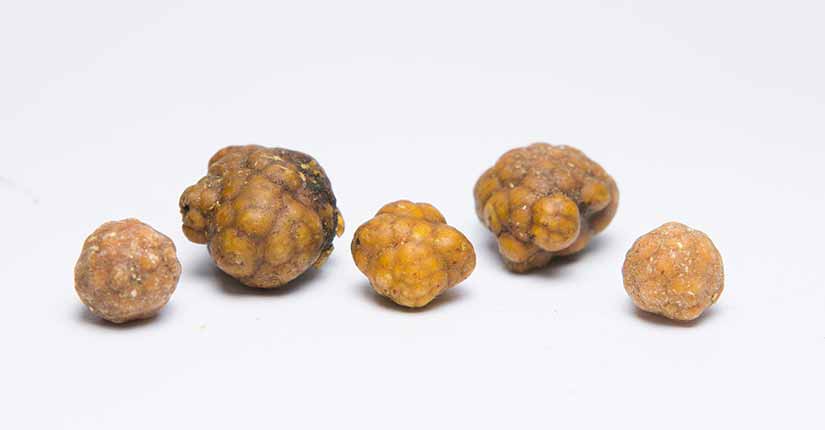
“G” for gallbladder, small organ located below the liver stores bile produced by the liver, and releases the bile into the small intestine to help digest food.
You may not be at risk for gallstones but precaution is always a good idea to keep your body at a healthy weight and eat a diet that is low in fat and cholesterol, moderate in calories, and high in fiber.
Healthy Foods for the Gallbladder
All of the following are healthy foods for your gallbladder, as well as the rest of your body:
Fresh fruits and vegetables
Whole grains (whole-wheat bread, brown rice, oats, bran cereal)
Lean meat, poultry, and fish
Low-fat dairy products
Certain foods have been studied for their potential to prevent gallbladder problems or reduce symptoms. For example, some research has indicated that drinking caffeinated coffee lowers the risk of gallstones in both men and women. Drinking moderate amounts of alcohol has also been linked to a reduced incidence of gallstones. In one study, women who ate at least one serving of peanuts a day had a 20% lower chance of having their gallbladder removed compared to women who rarely ate peanuts or peanut butter.
However, keep in mind the evidence is far too preliminary at this time to recommend any of these foods solely for the purpose of preventing gallbladder problems.
Foods to Avoid With Gallbladder Problems
Researchers say many gallbladder symptoms stem from the modern Western diet, which is high in refined carbohydrates and saturated fats. “If you’re having symptoms from gallstones, it’s because as your gallbladder tries to squeeze, some of the gallstone is blocking the outflow of bile that is stored in your gallbladder,” Martin says. “You’re squeezing against a closed door, and that’s why it hurts. If you eat fatty foods, that makes it squeeze more.”
Changing your diet won’t get rid of gallstones that are already there, but eating a healthy, balanced variety of nutrients and limiting the amount of saturated fats and cholesterol-heavy foods you eat may help ease your symptoms.
Try to avoid or limit these high-fat foods in your diet:
Fried foods
Highly processed foods (doughnuts, pie, cookies)
Whole-milk dairy products (cheese, ice cream, butter)
Fatty red meat

